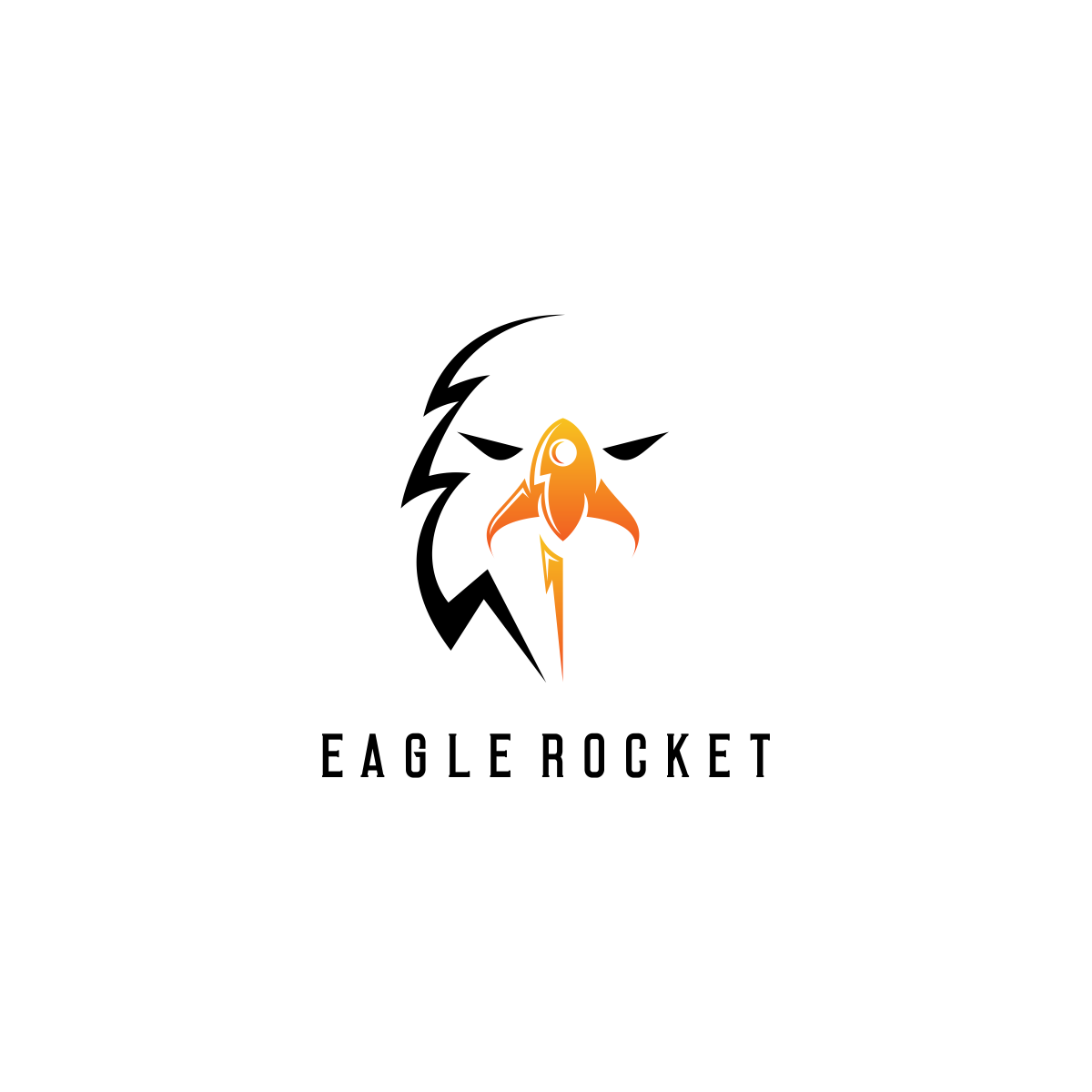As we look toward the workforce landscape of 2025, it’s evident that the ability to communicate in English is not just an asset but a vital necessity. With the world becoming increasingly interconnected, hiring English-speaking candidates offers a plethora of benefits that can significantly impact business operations and customer relations. From improved customer engagement to enhanced collaboration within diverse teams, the advantages are manifold. In this article, we’ll delve into the multifaceted benefits of hiring English-speaking candidates, all while exploring how this trend speaks to the broader themes of global recruitment, diversity and inclusion, and innovation.
Enhanced Communication in a Global Workforce
Effective communication lies at the heart of successful business operations. In 2025, companies are prioritizing English-speaking candidates to bridge the communication gap that often arises in diverse, multicultural environments. With over 1.5 billion English speakers worldwide, the implications of hiring candidates who are fluent in the language are substantial.

Breaking Down Language Barriers
Employers stand to benefit considerably from selecting English-speaking personnel, particularly in multinational organizations. By ensuring that employees can convey ideas, feedback, and customer concerns effectively, businesses can:
- Reduce misunderstandings that can lead to costly errors.
- Facilitate smoother workflow processes across global teams.
- Enhance the overall quality of customer service interactions.
For instance, Delta Airlines’ recruitment drive for English-speaking flight attendants reflects this need as the airline expands its international reach, ensuring all flight crew members can communicate seamlessly with passengers from different backgrounds.
Boosting Customer Engagement
The ability to communicate fluently in English significantly influences customer satisfaction. When employees are adept in English, they can more effectively understand and respond to client needs, resulting in:
- Increased customer loyalty, as customers identify with brands that understand and engage with them.
- Broader market reach, allowing companies to extend their offerings to a wider audience base.
- An enhanced reputation and trust, which are essential for business credibility.
According to a recent survey conducted by Ipsos Public Affairs, nearly 90% of U.S. employers recognize the importance of language skills, highlighting the relevance of hiring personnel who can communicate efficiently in English.
Diversity and Inclusion in the Workplace
In 2025, businesses are increasingly acknowledging that a diverse workforce spurs innovation and competitiveness. However, linguistic diversity also serves as a gateway to greater cultural adaptability. Hiring English-speaking candidates is instrumental not only in fostering inclusivity but also in building a robust team.
A Broader Talent Pool
Hiring individuals who speak English opens the door to a broader talent pool. Companies can access top-tier candidates globally, thereby enriching their organization with a variety of perspectives, experiences, and ideas. Some key points to consider include:
- Access to a diverse array of skills and expertise from international candidates.
- Enhanced problem-solving capabilities driven by varied viewpoints.
- Improved creativity stemming from cross-cultural interactions.
This diverse environment not only elevates workplace discussions but also propels creativity and innovation forward, allowing companies to stay ahead of competitors.
Cultural Adaptability and Awareness
With the hiring of English-speaking candidates, organizations are better positioned to foster cultural adaptability. Employees who are fluent in English are often more attuned to the nuances of global communications and are better equipped to engage with colleagues and clients from diverse backgrounds.
This cultural adaptability is essential, particularly when:
- Entering new markets where understanding local customs and practices is vital.
- Developing marketing materials that resonate across cultural lines.
- Conducting negotiations that require sensitivity to cultural differences.
Improved Collaboration and Teamwork
Effective collaboration among team members drives productivity and innovation. In 2025, having English-speaking candidates on board ensures that businesses can:
- Minimize communication gaps that hamper project momentum.
- Foster an inclusive atmosphere where all employees feel comfortable sharing ideas.
- Streamline project management across global teams by utilizing a common language for communication.
Take the example of Liberty Mutual Insurance, which actively seeks out multilingual employees, including those fluent in English. Their diverse workforce enables the company to build stronger client relationships while enhancing internal collaboration.
Remote Work Capability
The rise of remote work continues to transform the corporate landscape. English-speaking candidates are crucial as companies navigate this shift. In a remote work environment:
- English proficiency becomes vital for smooth virtual communications.
- Team synergy thrives, as remote teams can easily coordinate across different time zones and regions.
- Professional development opportunities can be shared effortlessly amongst colleagues, regardless of their physical location.
Global recruitment strategies now prioritize linguistic capabilities as a critical factor in hiring decisions, especially as remote work becomes standard in many fields.
Increased Competitiveness and Innovation
As the business landscape changes in 2025, companies that prioritize hiring English-speaking candidates are likely to find themselves in a better competitive position. Companies embracing diversity and inclusivity are recognized for driving creativity and innovation, ultimately leading to increased market shares.
Adapting to Market Trends
Companies can respond efficiently to changing market demands and preferences. English-speaking employees are well-positioned to:
- Deliver insights into consumer behaviors from a global perspective.
- Quickly adapt strategies based on cross-market feedback.
- Engage effectively with international clients and stakeholders.
This responsiveness fosters innovation within product development and marketing strategies, positioning companies ahead of their competitors.
Case Studies of Successful Multilingual Integration
Several companies have significantly benefited from hiring English-speaking candidates, demonstrating enhanced innovation and market adaptability. For example, RebateKey leverages the diverse backgrounds of its employees to understand various consumer needs, which allows them to develop targeted offerings.
The Future of Recruitment: Strategies for 2025
As businesses continue to evolve, recruitment strategies must keep pace. In 2025, organizations are encouraged to explore innovative ways to attract English-speaking candidates. Here are some compelling strategies:
- Leveraging social media to advertise job postings in a variety of languages.
- Participating in job fairs that emphasize diversity signing partnerships with organizations focused on multicultural talent acquisition.
- Creatively marketing workplace cultures that celebrate diversity and inclusivity.
Such strategies expand businesses’ chances of hiring candidates who meet the multilingual requirements for modern workplaces while enriching the overall company culture.
Networking and Community Outreach
Engaging with communities that promote cultural diversity can also facilitate better recruitment outcomes. Businesses may consider:
- Partnering with multicultural organizations to reach potential candidates.
- Offering internships or job shadowing opportunities to expose diverse talent to the organizational culture.
- Encouraging current employees to share their experiences, thereby attracting like-minded individuals.
By employing these recruitment strategies, companies can enhance their workforce’s cultural adaptability, leading to improved collaboration and continued innovation.

